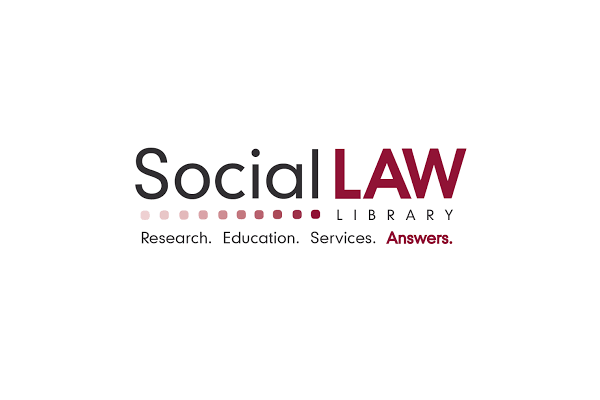Our physical bodies are designed to maintain health through a balanced reaction to our environment by way of our Autonomic Nervous System (ANS). The ANS is made up of two systems (the sympathetic nervous system [SNS] and parasympathetic nervous system [PSNS]) that work in cooperative opposition to one another: when one is active the other one must be inactive. The SNS is responsible for charging us up to get ready to address a threat (commonly referred to as the “Fight or Flight Syndrome”). This involves releasing “stress hormones” into the blood to activate energy reserves, increasing the rate of breathing to get more oxygen, increasing the heart rate and blood pressure to supply more oxygenated blood to the muscles, increasing muscle tension, increasing adrenaline production, etc. In preparing the body to be so active, the SNS must also inhibit some functions that the body deems unnecessary for the moment, including salivation, digestion, and rest. In addition to this, the “stress hormones” that activate the energy reserves in our bodies also decrease antibodies that fight off infection.
Thankfully, we also have the PSNS to help balance us out. The PSNS is responsible for rest and rebuilding. It slows the heart rate, activates digestion, allows us to sleep, and increases the functioning of our immune system. It is the combination of these two systems that allows us to react to a stressful situation in the moment and then adjust back to a restful state when we are finished. Given the fact that these two systems work in cooperative opposition, if the SNS is activated for a prolonged period of time the body is “spending down” its energy reserves and its health. Therefore, when you are experiencing a prolonged period of stress, your physical (and mental) health will be negatively impacted.
In a financial metaphor, the PSNS is a saver and the SNS is a spender. You need to do both of those things at different times, but the healthiest bank accounts are built by more saving behavior and less spending behavior. The way that you make your account healthier is to increase savings (learn relaxation techniques, eat well, get sleep, take vacations, spend time doing non-stressful things, develop contentment) and decrease spending (spend less time involved in stressful activities, recognize the stressors in your life and act to reduce them, think of the stressors in your life differently – as temporary events that are separate from your identity, learn skills to deal with stressful events better).
So if you are currently in a stressful situation (and who isn’t?), pay attention to your ability to relax, digest, sleep, and “shut down” the stressful things of your day. If you find yourself in a regular pattern of being “engaged in the fight,” you might be in need of some healthy techniques to reduce stress and cope well. It’s a good idea to do a periodic assessment of your savings account.
Shawn Healy, PhD



